MBL International provides QuickSwitch™ Tetramers for the Quant Analysis of SARS-CoV-2 mRNA Vaccinations.
QuickSwitch™ Quant Analysis of SARS-CoV-2 mRNA Vaccinations
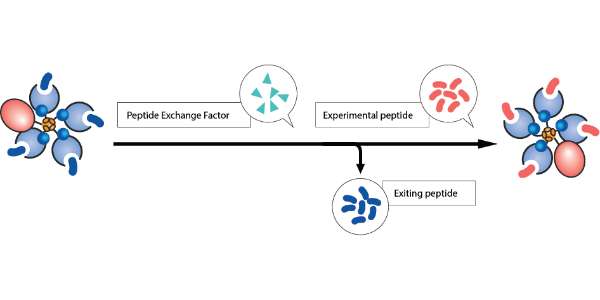

MBL International provides QuickSwitch™ Tetramers for the Quant Analysis of SARS-CoV-2 mRNA Vaccinations.
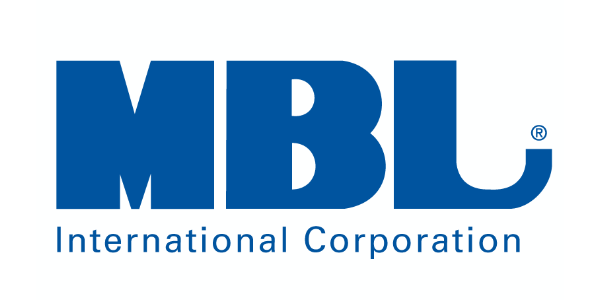
Cervical cancer is the 4th most prevalent cancer among women, and the 7th most common cancer. MBLI provides HPV-related tetramers for use in research.

MBLI QuickSwitch™ kit technology aims to replicate the immune response by mimicking peptide exchange on an MHC molecule.
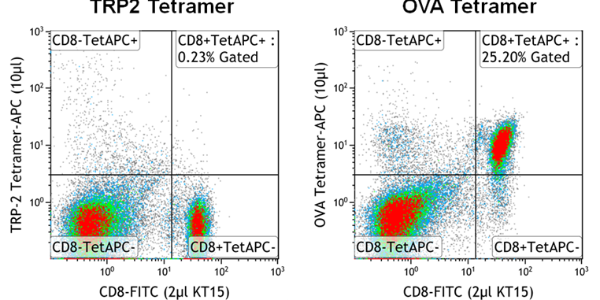
T cell-dependent OVA antigen is used as a model protein for studying antigen-specific immune responses in mice. MBL has OVA related tetramer products.

Use QuickSwitch™ Class II Quant Tetramer to investigate peptide-MHC binding affinities & conclude with your specialised CD4+ T cell detection reagent!
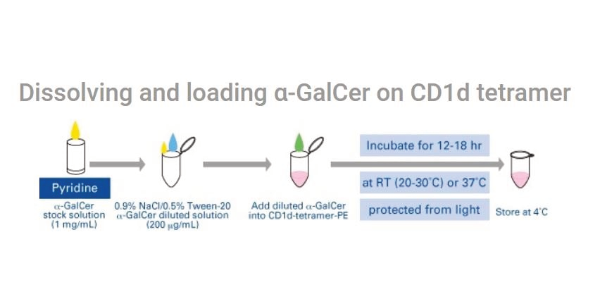
CD1d, non-classical MHC molecules, present phospholipid & glycosphingolipid antigens to iNKT cells. MBL tetramers help measure CD1d positive NKT cells

Here are the highlights of some of the influential publications that have utilised MBLI QuickSwitch™ Tetramer Kits in 2023.

RSV is a significant respiratory virus in young children, & is the primary cause of hospitalisations, particularly bronchiolitis & pneumonia.

Wang, Wenfeng, et al 2023, selected the top 15 top peptides for self-antigen for their study. By using the QuickSwitch™ kit, they successfully switched 6 peptides to the tetramer complex with an efficiency of over 75%.
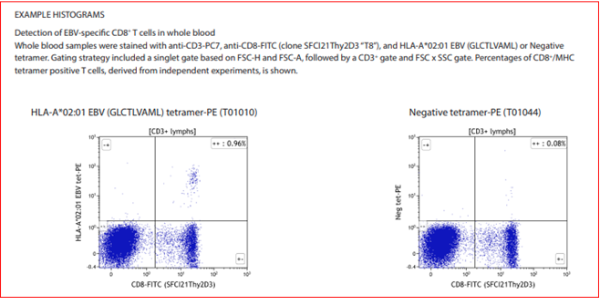
Negative controls aid precision of immune response monitoring. For HLA-A*02:01 alleles, MBLI offers a “Negative Tetramer” in BV421, PE or APC.